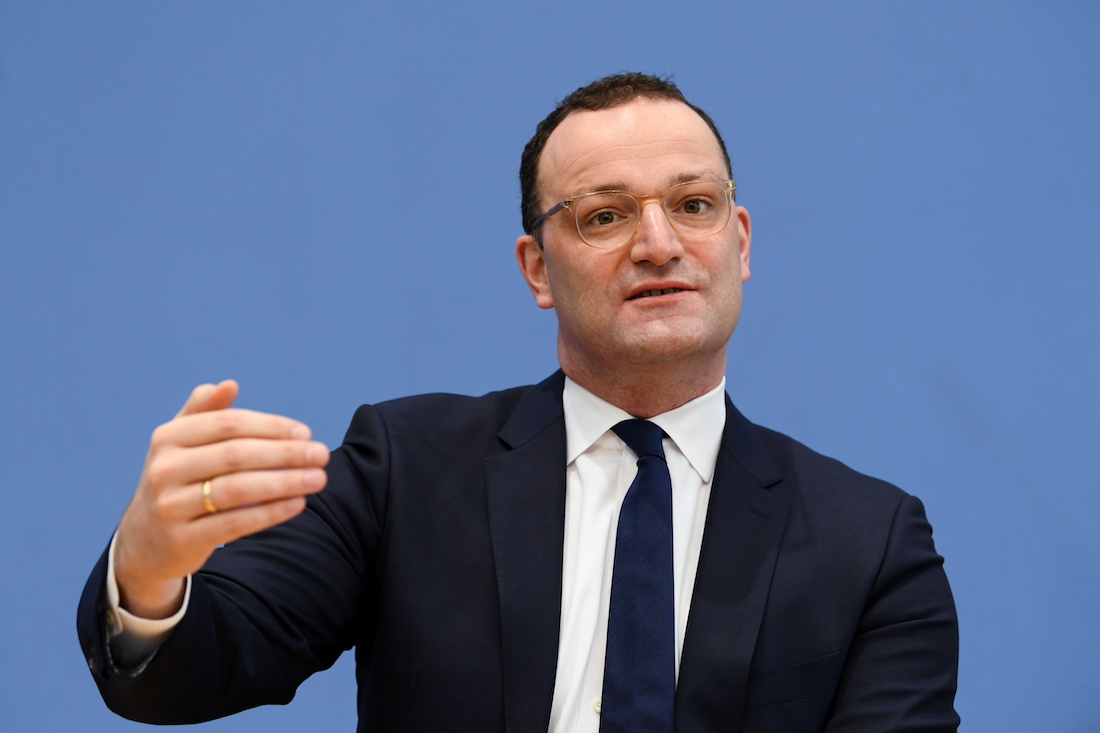Germany needs a more open discussion on how it can reduce its over-reliance on China in many areas as the Covid-19 pandemic has increased its economic dependency on Asia’s resurgent giant, acting Health Minister Jens Spahn said on Wednesday.
One the same day, Chancellor Angela Merkel said Germany may at first have been naive in some areas of cooperation with China, but she felt her country should not sever all connections in reaction to growing tensions.
“Maybe initially we were rather too naive in our approach to some cooperation partnerships,” Merkel said in an interview with Reuters. “These days we look more closely, and rightly so.”
Merkel, who did not stand for re-election last September and will leave office once a new government is agreed, said Germany and more broadly the European Union should nonetheless continue to cooperate with China, and could learn from one another.
“Total decoupling wouldn’t be right in my view, it would be damaging for us,” she said.
Dependent on Chinese Imports
Spahn, meanwhile, speaking at an economic conference organised by the Sueddeutsche Zeitung daily, said: “We have experienced and had to experience how dependent we have become on China.
“This alone would be worth discussing on an economic summit on its own, the question of how we can at least become a bit less dependent on China again in the 2020s,” he added.
Spahn, a member of Merkel’s conservatives, said that Germany was too dependent for example on imports from China in areas such as face masks and medical precursors. It should also do more to diversify its export markets.
“Is this a good thing to have such a high degree of dependency? I think the answer is no. You can’t solve this in a few years, it’s a challenge for a decade,” Spahn said.
‘Trade Needed With Others’
Germany and the European Union should reduce their over-reliance on China by sealing and finalising more trade deals with other countries and regions such as Canada, he said.
The three parties working to form Germany’s next ruling coalition are at odds over China.
Greens co-leader Annalena Baerbock has suggested imposing tougher barriers for Chinese imports to prevent price dumping, and pushing back against poor environmental standards and human right violations.
Chancellor-in-waiting Olaf Scholz from the centre-left Social Democrats avoided making clear statements on China during the election campaign.
Scholz aides have hinted, however, that the former mayor of the port city of Hamburg, which has even closer business ties to China, is likely to continue Merkel’s more mercantile approach which puts business interests ahead of moral considerations.
• Reuters with additional editing by Jim Pollard
This report was updated with additional details on November 19.





















